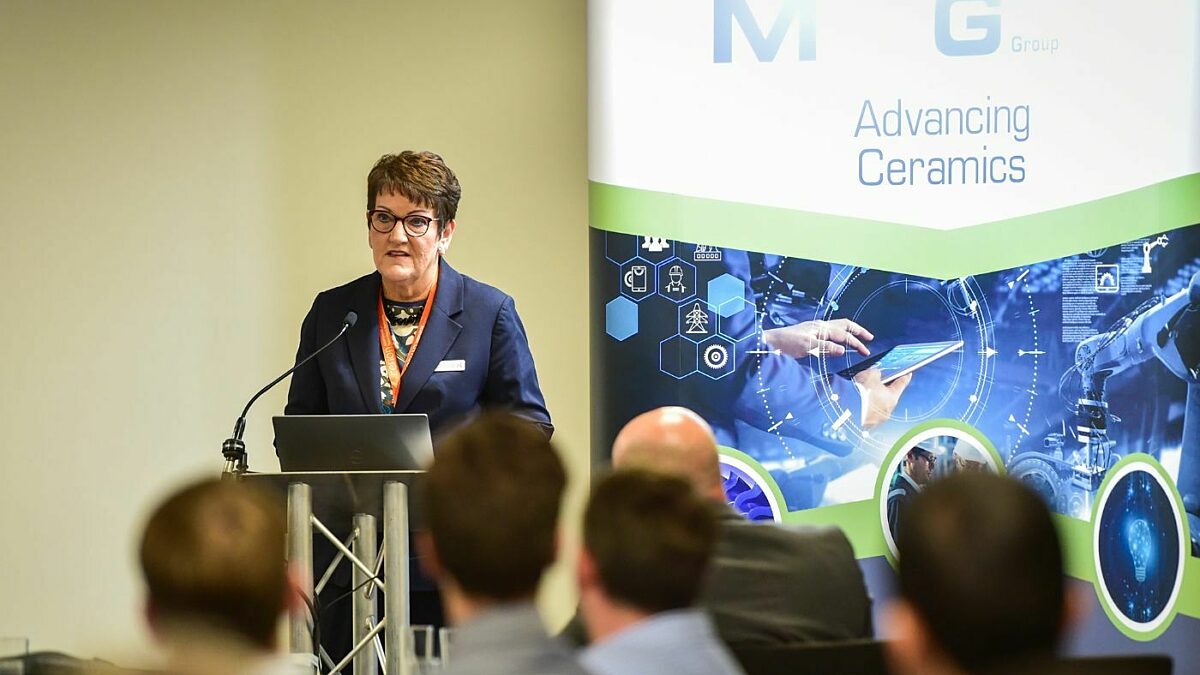Overview | Origins | Functions | Vision & Aims | People
The AMRICC Centre's origins
The idea for The AMRICC Centre was conceived by Lucideon with the support of the Midlands Industrial Ceramics Group (MICG), with regional support from the Midlands Engine and Stoke-on-Trent and Staffordshire Local Enterprise Partnership. The MICG Consortium, chaired by Rolls-Royce, was awarded an £18.3m Strength in Places Fund (SIPF) grant in October 2021.

The MICG members that founded The AMRICC Centre were:
- AEON Engineering
- Birmingham University
- CDS group
- Foseco
- Leicester University
- Loughborough University
- Lucideon
- Mantec
- Morgan
- PCL
- Precision Ceramics
- Rolls-Royce
- Trelleborg
The funding was to finance a 5-year commercialisation programme for advanced ceramics as well as establish The AMRICC Centre. Lucideon manages the SIPF programme on behalf of the MICG Consortium and hosts and manages The AMRICC Centre on behalf of the sector, realising its primary purpose: to enable companies to take innovative ideas and place them on the fast-track into commercial products.
The size and scale of the equipment available in The AMRICC Centre for ceramics processing is not available for access by the ceramics and advanced material sector anywhere else in the UK or in Europe. By operating the facility as open to all, we aim to improve access to cutting edge equipment for the entire industry.
The AMRICC Centre is a key part of Stoke-on-Trent’s plan for the Ceramic Valley Enterprise Zone, intended to become an Advanced Ceramics Campus which will help to both put the area as the centre of advanced materials technology development in the UK and continue to grow its reputation as the 'world capital of ceramics' into the next evolution of advanced ceramics developments.
Providing this facility also presents a sorely needed opportunity for the most able scientific and engineering business-ready postgraduates, undergraduates, and apprentices. The AMRICC Centre provides a place for them to practise and polish their skills in a live industrial setting, working with a broad range of real clients across industries and applications. This builds a pipeline of talented people from apprentices to graduates and postgraduates who are able to lead and commercialise scientific breakthroughs in businesses for the future.